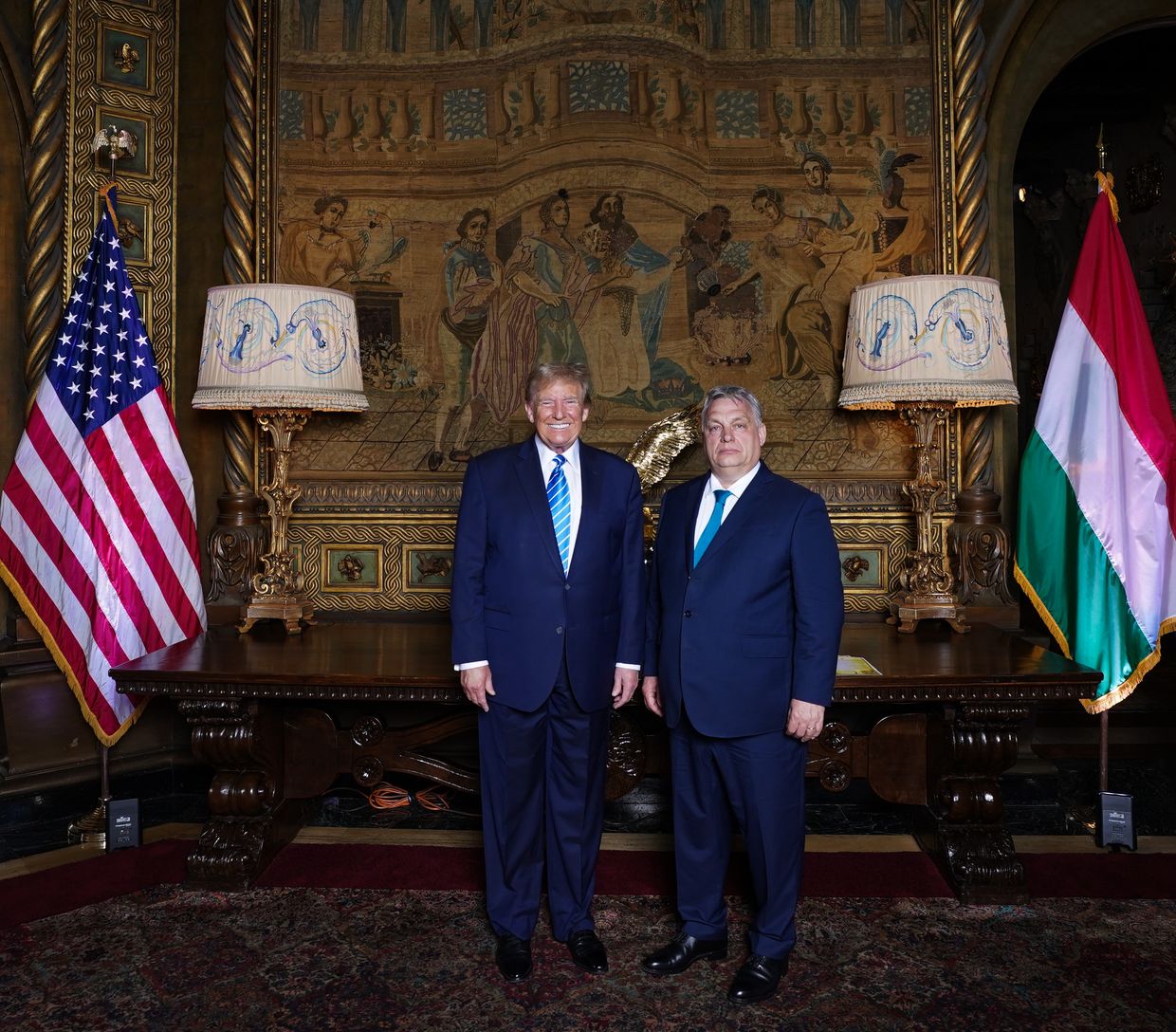RFE/RL: Hungary again criticizes Ukraine's national minority policies in letter to EU

Hungary has sent a document to the EU member states criticizing Ukraine's policies on national minorities, Radio Free Europe/Radio Liberty (RFE/RL) reported on March 15, citing a Hungarian statement they had obtained.
Budapest has repeatedly accused Kyiv of discriminating against the Hungarian ethnic minority concentrated in southwestern Ukraine, an accusation that the Ukrainian leadership denies. Much of these disputes center around Ukraine's language laws that require at least 70% of education above fifth grade to be conducted in Ukrainian.
While Budapest has called this measure discriminatory toward the Hungarian minority, Kyiv retorted that it only aims to ensure that every Ukrainian citizen has sufficient knowledge of the official language.
Hungary has formulated an 11-point request to Ukraine regarding the rights of national minorities, which included the restoration of the status of a national school, the ability to take a high school diploma in Hungarian, and the ability to use Hungarian in public life.
In the document reviewed by RFE/RL, Budapest demanded the restoration of the rights its minority had before 2015, noting that the protection of national minorities' rights is one of the priorities mentioned in the negotiating framework for Ukraine's potential accession to the EU.
Apart from the language rights, Hungary also called for the possibility of political representation at the regional and national levels, according to the document.
There are active political parties in Ukraine advocating for the interests of the Hungarian minority, represented on the regional and municipal levels. The Party of Hungarians of Ukraine (KMKSZ), an ally of Hungary's ruling party Fidesz, holds seats in the Zakarpattia Oblast council.
"Despite previous promises, the needs of the Hungarian community representatives in Ukraine were ignored. For example, in the case of subjects determination that should be taught in Ukrainian in schools of the Hungarian minority," the statement reads, adding that 20,000 pupils are currently studying in Ukraine with Hungarian as the language of instruction.
Budapest alleged in the document that the mandatory 10% ratio that national minorities must reach among the local population to claim linguistic rights was "unjustified," as the population ratio in the region had changed after Ukraine’s administrative reforms.
Hungary also insisted on its own delegate in Ukraine's parliament, the Verkhovna Rada, RFE/RL reported.
Kyiv has not publicly responded to the document.
The news of Hungary’s document criticizing Ukraine's policies on national minorities was spread ahead of a bilateral meeting between the representatives of the Ukrainian and Hungarian governments. Andriy Yermak, the head of Ukraine's Presidential Office, announced it on March 14 without specifying the date.
The last face-to-face talks between Hungarian Foreign Minister Peter Szijjarto, his Ukrainian counterpart, Dmytro Kuleba, and Yermak were held in Uzhhorod, Zakarpattia Oblast, on Jan. 29.
Disputes over the minorities' rights have long complicated the relationship between Ukraine and Hungary, as Budapest has often used the issue to obstruct Kyiv's EU aspirations. The tensions escalated after the outbreak of the full-scale war, as Hungarian Prime Minister Viktor Orban took a distinctly amicable stance toward Russia, criticizing allied sanctions and aid for Ukraine.














